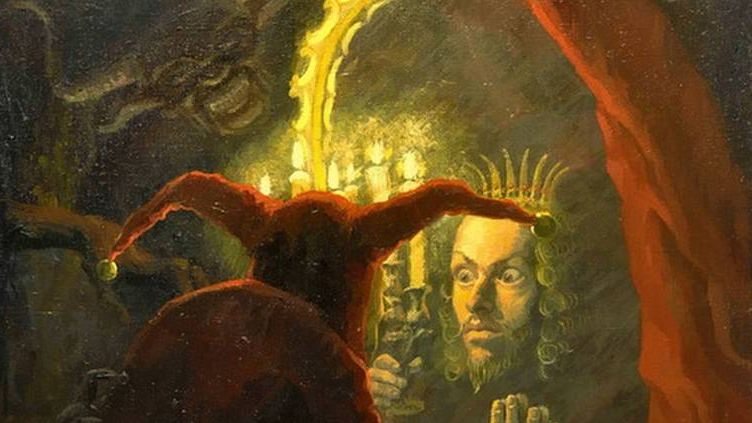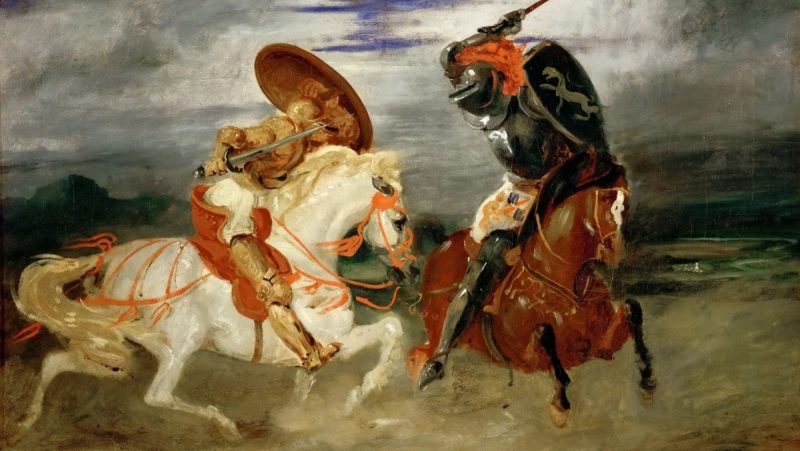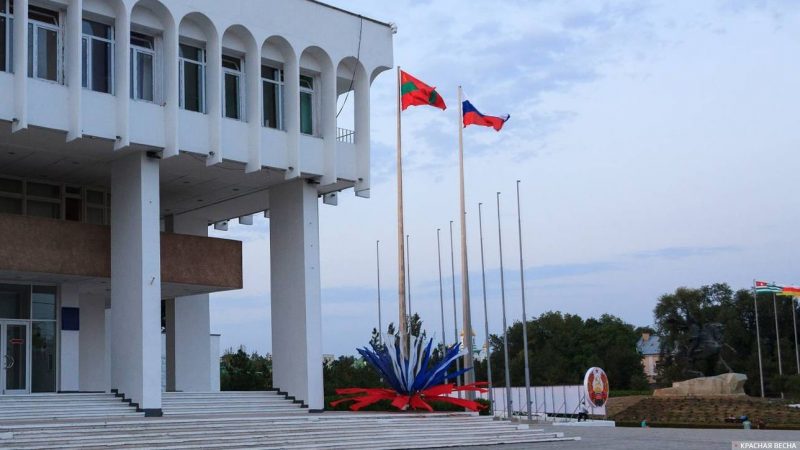29.09.2018, Berlin.
The Freiblickinstitut (Free Look Institute) intellectual club discussed the role of the book The Satanic Verses by Salman Rushdie in the context of art’s social responsibility on September 27, a correspondent of the Rossa Primavera News Agency reports.
The club’s meeting opened with an introduction into the scope of problems that Rushdie, who published his literary work The Satanic Verses in 1988, addressed. In this book written in the style of magic realism, the author depicted the Muslim prophet in a provocative manner.
After its publication, the scandalous book met protests among the Muslim community; the author spent 10 years under police guard fearing for his life.
Political writer and philosopher Reinhard Knodt continued with a discussion about what art is and what it may be allowed to do. He discussed satire as part of art, and he defined it as playing on the verge between profanity and the sacral. However, for satire not to become a means of destruction, the satirist must act relying solely on his internal beliefs, but not become a tool in the hands of others, like social activists, or politicians, and he must not act as a religious figure. According to Knodt, the culmination of a satirist’s art will be either his death or society working through its internal conflicts.
Also, in discussing the problems of art today, Knodt addressed the Soviet approach to art, which not only gave society provocations , but also tried to build a common reality.
He expressed deep regret about the situation with art in the Berlin universities, where some professors would address a beautiful piece of art only if it is supplemented with a provocative or even vulgar action, e.g. an ugly abusive inscription. According to Knodt, culture must not be reduced to such vulgar provocations as adopted in the scientific community in Berlin.
The Freiblickinstitut has been hosting discussions on extremely controversial issues of society for several years. The Institute’s stated mission is to reach greater freedom, development, and humanism through dialogue.
Source: Rossa Primavera News Agency




